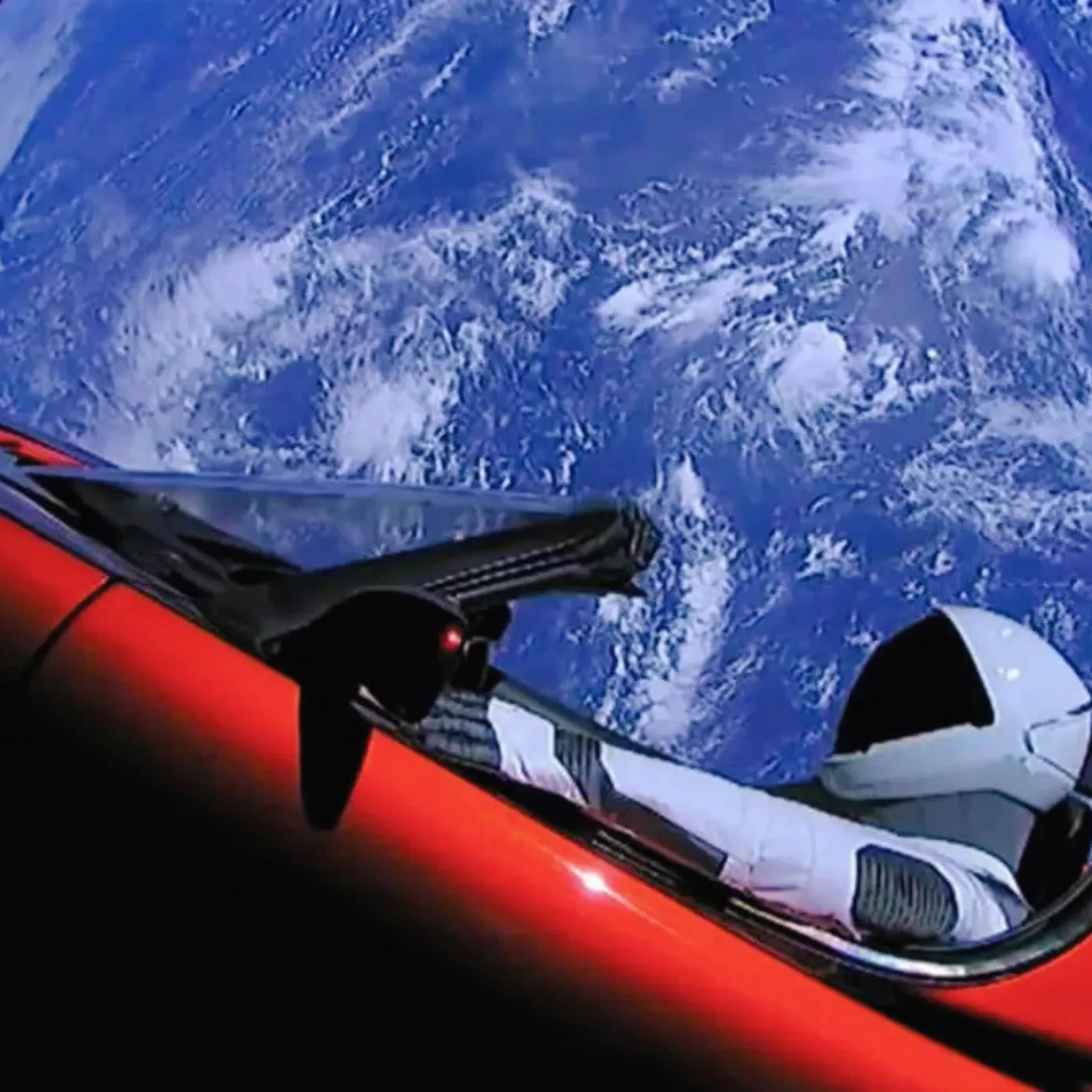

Alien Conspiracy Theories in Popular Culture
Is your favorite alien movie just fiction, or is there a hidden truth about extraterrestrial life? Dive into the world of alien conspiracies and pop culture and discover how extraterrestrials have shaped our fears and fascinations!
Introduction: The Fascination with Extraterrestrial Life in Pop Culture
Extraterrestrial life has long been a captivating subject in pop culture, shaping everything from Hollywood films to conspiracy theories. From alien invasions to extraterrestrial heroes, the portrayal of aliens has become a central theme in entertainment, often reflecting humanity’s hopes, fears, and questions about the unknown. But why have aliens captured such a firm grip on our imagination? Let’s explore how the concept of extraterrestrial beings has evolved in movies, TV shows, and conspiracy theories over time.
Aliens in Movies: The Birth of a Global Phenomenon

The portrayal of aliens in cinema has been pivotal in shaping public perception of extraterrestrial life. One of the most iconic alien films, Steven Spielberg’s “E.T. the Extra-Terrestrial” (1982), presented aliens as friendly, compassionate beings, encouraging a sense of curiosity and wonder. In contrast, films like “Independence Day” (1996) and “War of the Worlds” (2005) depicted alien invasions, tapping into human anxieties about being overpowered by an unknown, superior force. These films, along with countless others, helped cement extraterrestrials as a central element of pop culture, shifting them from obscure speculation to exciting, dramatic narratives on the big screen.
TV Shows and Alien Encounters: Exploring the Unknown
Television has also played a significant role in popularizing extraterrestrial life, with shows like “The X-Files” (1993-2018) taking a deep dive into alien conspiracies and government cover-ups. The show’s mix of paranormal activity and alien encounters captured the imaginations of millions, blending elements of sci-fi with real-world skepticism about UFOs and alien life. In more recent years, shows like “Stranger Things” (2016-) have introduced a new generation to the thriller genre involving extraterrestrial beings, reinforcing the idea that the truth may be out there—and it’s being hidden from us. Aliens in TV have evolved from being mere villains to complex characters, allowing audiences to explore deeper questions of identity, conformity, and the unknown.

Alien Conspiracy Theories: The Dark Side of Extraterrestrial Encounters
Beyond entertainment, the idea of aliens has fueled a huge network of conspiracy theories, with some claiming that governments are hiding evidence of extraterrestrial life. One of the most prominent conspiracy theories revolves around Area 51, a classified U.S. military base in Nevada. For years, conspiracy theorists have suggested that Area 51 is the site where the U.S. government is storing alien technology and even alien bodies from UFO crashes. Despite the lack of definitive evidence, these theories have been perpetuated by documentaries, internet forums, and books, adding to the mystique of extraterrestrial life in the public imagination. The belief that alien life forms have visited Earth and are being hidden by powerful institutions continues to capture the attention of conspiracy enthusiasts around the world.
Extraterrestrials and Pop Culture’s Influence on Society
The prevalence of alien-themed media has not only influenced entertainment but has also shaped societal views on the unknown. The idea of extraterrestrials often serves as a metaphor for human fears, including the fear of invasion, the unknown, and the potential for human extinction. Films and TV shows portraying alien life forms challenge our understanding of humanity, making us reflect on issues of colonization, power, and the environment. Aliens are often depicted as either destructive invaders or benevolent beings, pushing us to consider our place in the universe and whether we would be ready to encounter other forms of life.


















